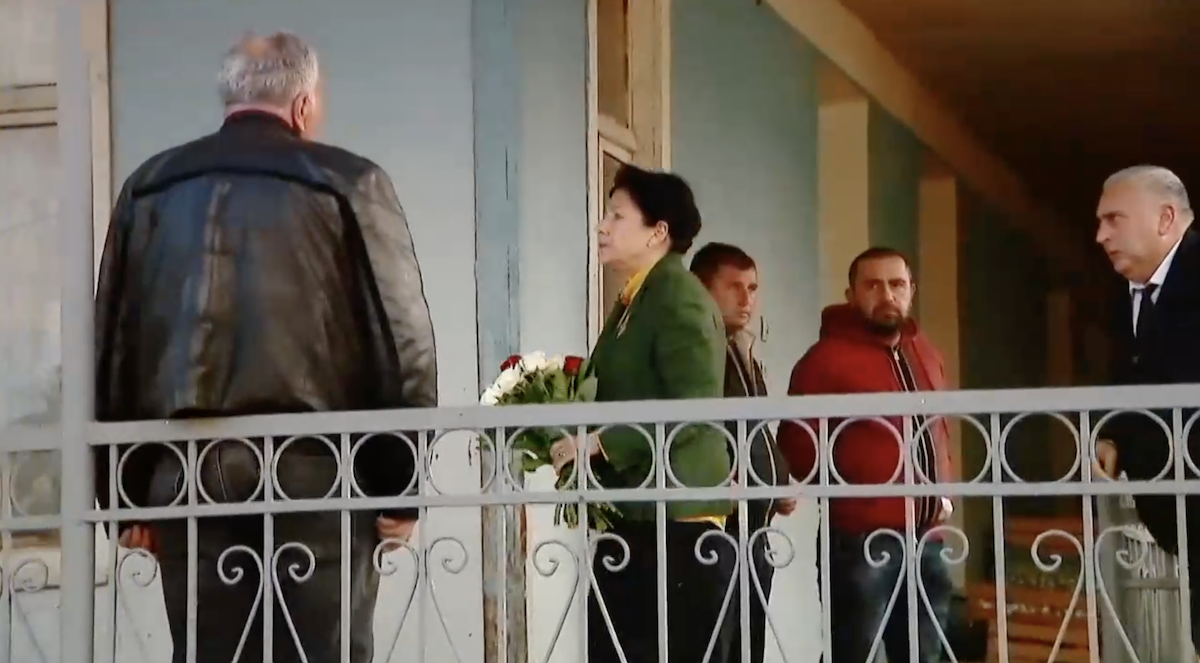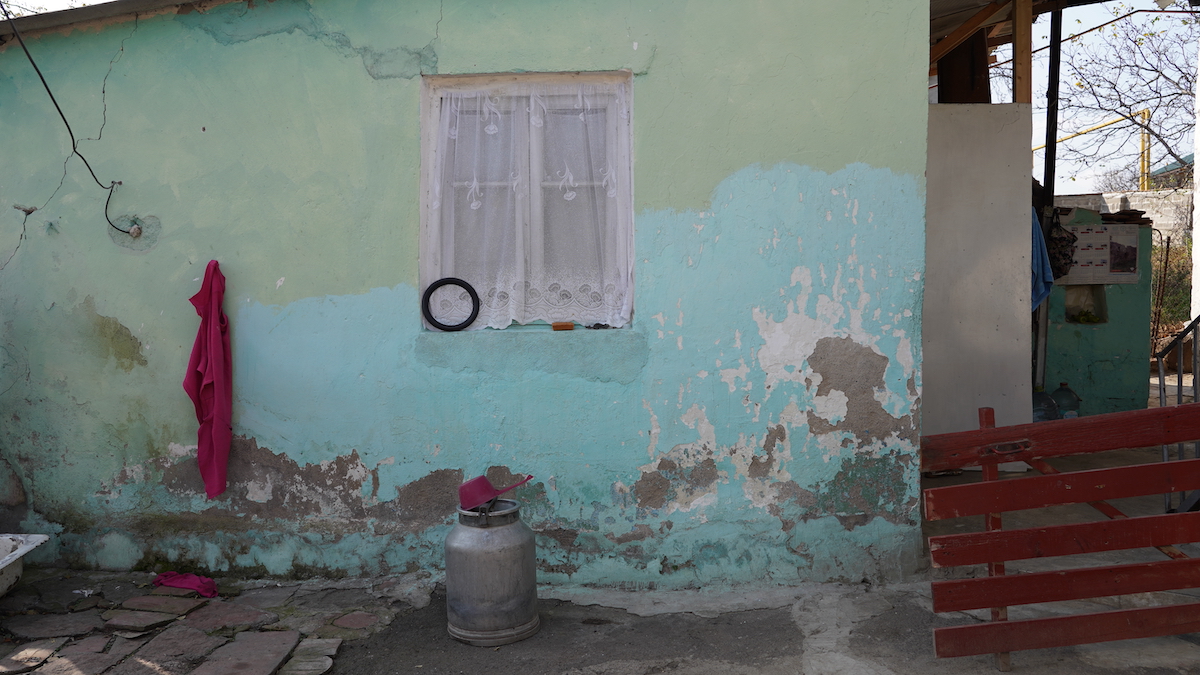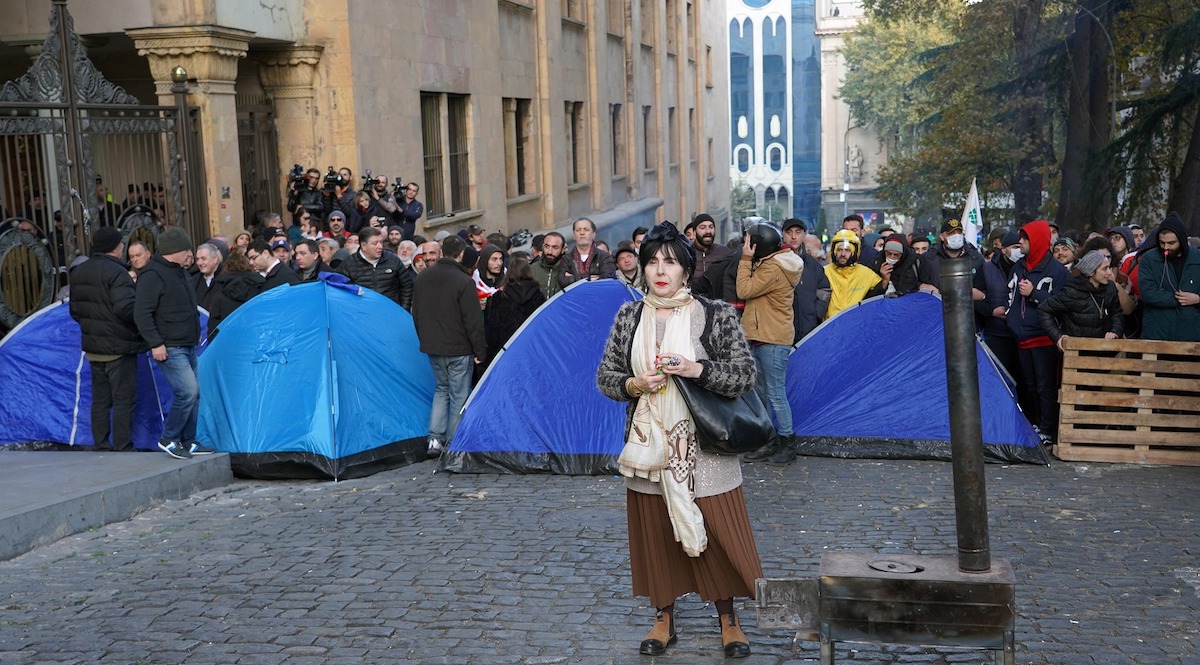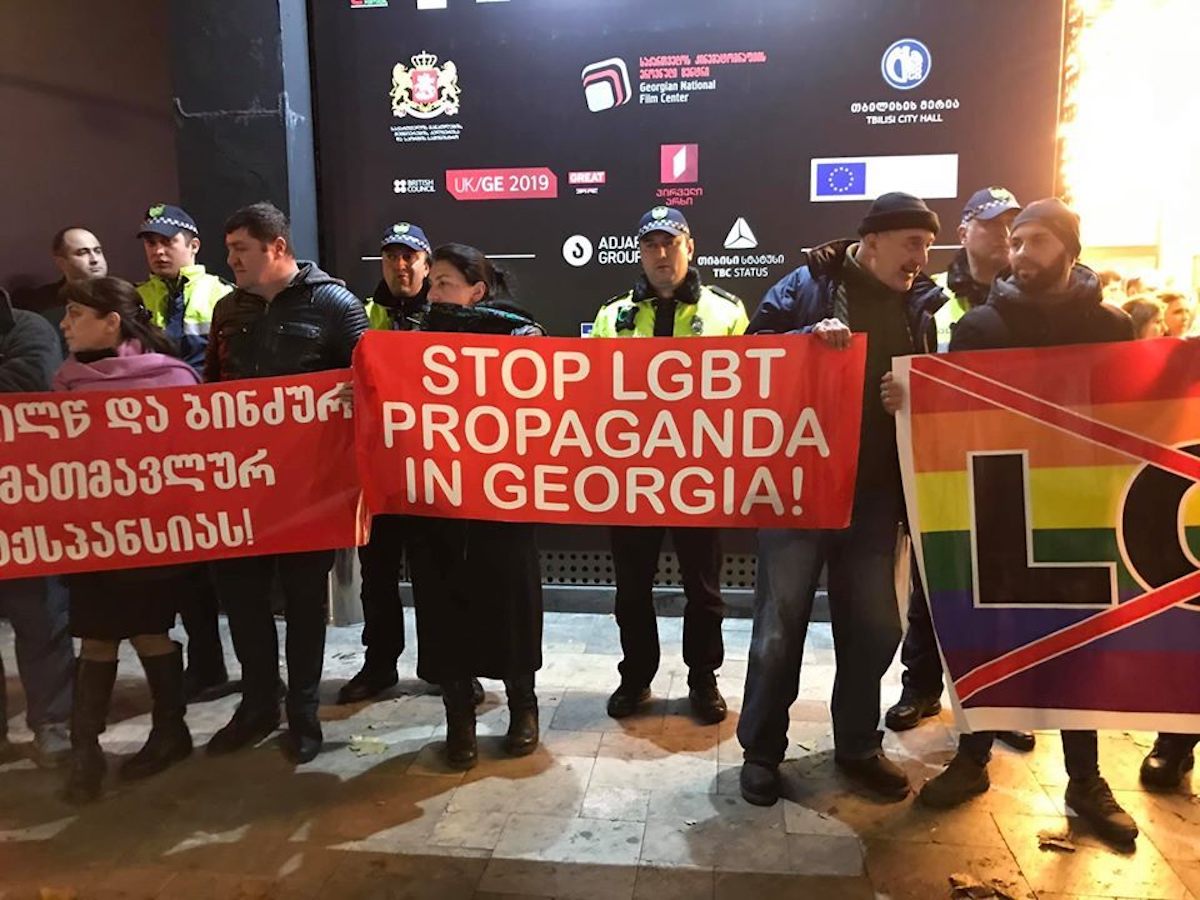"More Georgian citizens are being detained by Russian occupiers in the Georgian-Ossetian conflict zone," - Ombudsman
Report of the ombudsman of Georgia
Georgian ombudsman Levan Ioseliani has released his annual parliamentary report, stating that 2023 was “full of difficulties” for conflict-affected populations. The killing of Tamaz Ginturi by the Russian occupying regime last year particularly alarmed the ombudsman’s office.
According to the ombudsman, issues with gender-motivated killings of women (femicide) and timely detection of violence against children have persisted for many years. The report highlights that the legal status of LGBTQ+ individuals remains vulnerable.
Levan Ioseliani also notes that the situation in penitentiary institutions has been one of the most significant challenges for many years.
One section of the report focuses on the disaster that occurred at the Shovi resort in 2023. The Georgian Ombudsman suggests that there may be an issue with the institutional independence of the investigation into this incident.
“What is written in the report?
- Illegal arrests and cruel treatment on the line of Russian occupation in the Georgian-Ossetian conflict zone remain a problem. According to official data, in 2023, along the occupation line towards the Tskhinvali region, 37 people were arrested (35 men and two women), and in the direction of occupied Abkhazia, 26 people were arrested (15 men, five women, and six minors). In 2023, the occupation regime further exacerbated the practice of illegally detaining people “for crossing the border”.
- Unlike previous years, when the release of illegally detained individuals was limited to only administrative fines, in recent years, there have been more cases of prolonged unlawful detention.
- As of December 2023, eight citizens are illegally detained in the occupied territories of Georgia: in occupied Abkhazia – Irakli Bebua, Kristine Takalandze, Asmat Tavadze; in occupied Tskhinvali – Lasha Khetereli, Petre Kalashnikov, Giorgi Mosiashvili, Dito Korinteli, and Giorgi Meladze.
- In the occupied regions, the right to receive education in the native language continues to be violated, forcing parents to leave their permanent place of residence and transfer their children to schools in territories controlled by the central government to continue their education.
- The illegal so-called “borderization” by occupation forces continues. Violation of property rights remains a constant problem for the population living near the occupation line.
- Gender-based violence against women (femicide) has persisted for many years – in 2023, there were reported cases of the murder of 24 women and attempted murder of 27 women.
- Timely detection of violence against children, along with effective, coordinated, and child-friendly responses, are not fully implemented yet, as evidenced by the murder of Aytaj Shahmarova in 2023.
- The detention of participants during gatherings and rallies is justified by the Administrative Offenses Code adopted in 1984, which is incompatible with the current constitutional framework. The existing Soviet-era code in Georgia does not even meet minimal standards of human rights compatibility and basic freedom norms.
- In 2023, problems related to the conduct of peaceful assemblies arose. A range of issues concerning the freedom of assembly remained unchanged, and in some cases, exercising the right to freedom of assembly became even more challenging.
- In 2023, the initiation by the parliament of a bill sharply limiting the possibility of setting up temporary structures (including tents) for assembly participants became particularly problematic.
- For many years, the most significant challenge has been the situation in penitentiary institutions. It remains problematic that inmates are confined to a de-escalation room and kept in solitary confinement (strict regime cell) for extended periods, which the ombudsman equates to cruel, inhuman, and degrading punishment.
- Identifying and documenting instances of cruel treatment, ensuring adequate medical care for inmates have also been problematic. The physical environment of penitentiary institutions leaves to wish for the best.
- Like in previous years, the legal status of LGBTQ+ individuals remains an issue.
- LGBTQ+ community members continue to be victims of violence, discrimination, and persecution, driven by homophobic sentiments, hate crimes, and other discriminatory attitudes in society.
- Individuals with ultra-right ideology contribute to the spread of homophobic sentiments through their actions and statements, encouraging discrimination and often committing acts that result in serious violations of LGBTQ+ rights.
The people’s defender addressed the parliament with recommendations:
- To regulate issues related to the procedure for conducting various types of gatherings (including spontaneous gatherings);
- To prevent escalation of the situation and the use of force against citizens’ rights, it is necessary to introduce a mechanism for dialogue and negotiation with the participants of the assembly at the legislative level.
Report of the ombudsman of Georgia






















